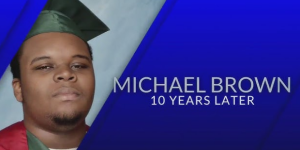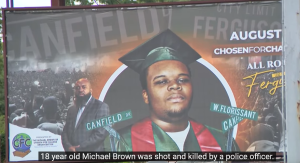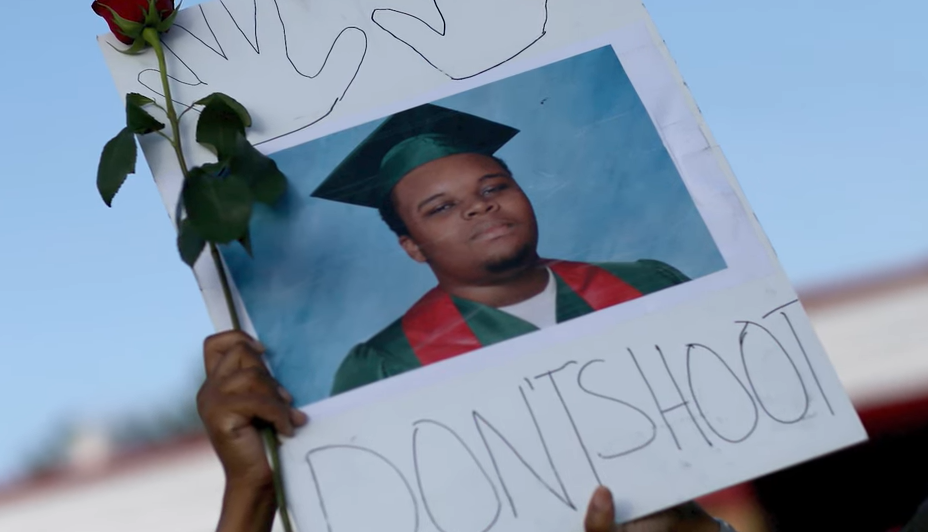By Ethical Society Of Police
Photos: YouTube Screenshots
As we mark the 10th anniversary of Michael Brown’s death, it’s crucial to honor those who have shown a sustained commitment to police reform, leading to greater transparency and accountability both in the St. Louis region and across the nation. While acknowledging the progress made by the City of Ferguson over the past decade, incidents like Sonya Massey’s tragedy remind us that much work remains beyond Ferguson.

Instances of police officers violating constitutional rights, abusing their power during arrests, and unjustified use of force continue to surface, highlighting the ongoing need for reform. Improving the vetting of police applicants, enacting mandated reporting laws for officer disciplinary records, and strengthening state licensing authorities’ ability to investigate and discipline rogue officers are essential steps forward.
Change is happening, but not broadly or swiftly enough.

ABOUT THE ETHICAL SOCIETY OF POLICE
The Ethical Society of Police (ESOP) was founded in 1972 by African-American officers to address race-based discrimination in the community and with the St. Louis Metropolitan Police Department. In 2018, the ESOP expanded to include membership for civilian and commissioned employees of law enforcement agencies within St. Louis County.
The Ethical Society of Police is an association of police officers and civilians whose mission is to bridge communications between historically marginalized communities and law enforcement. The ESOP works to improve: community/police relations, develop policies and programs to reduce crime, elevate the status of minority civilians and police officers, encourage greater minority employment by law enforcement agencies, and increase professionalism in law enforcement. Membership is open to all races, nationalities, religions, political affiliations, sexual orientations and gender identities. For more information about the Ethical Society of Police, visit www.esopstl.org.







